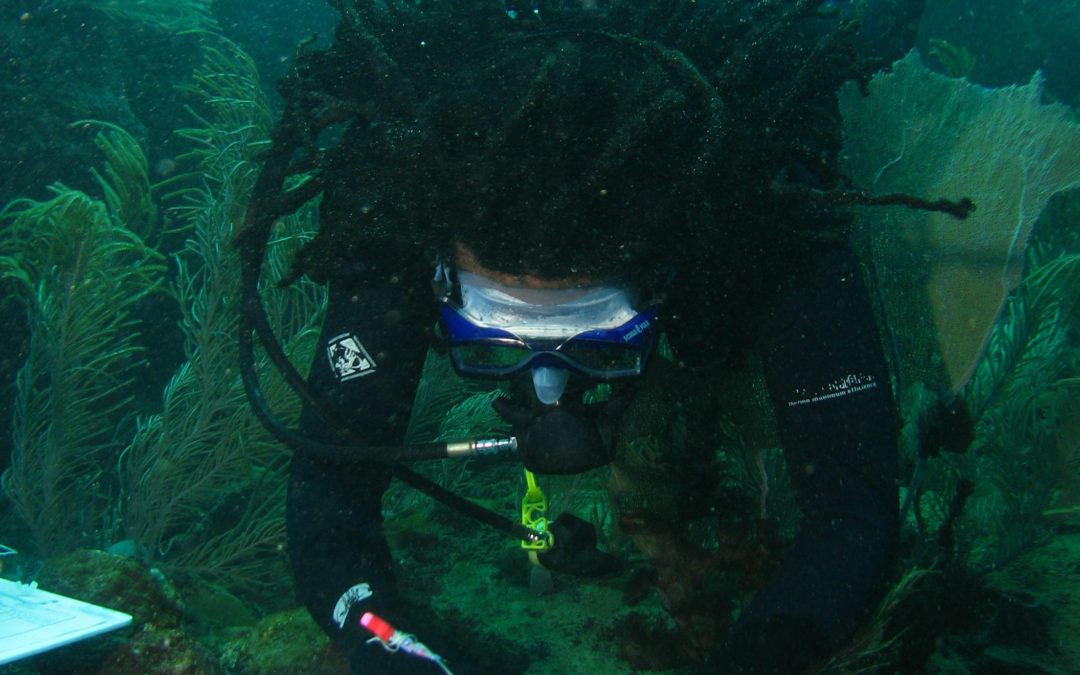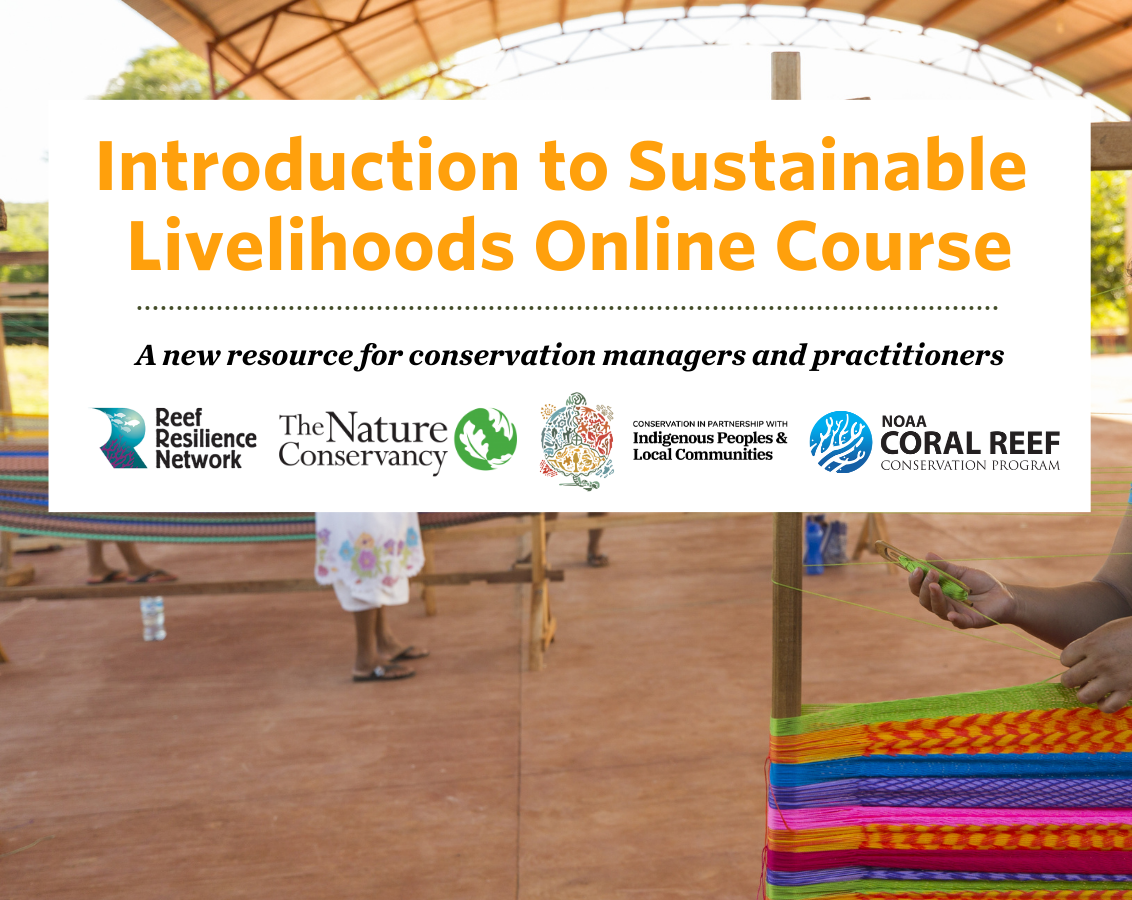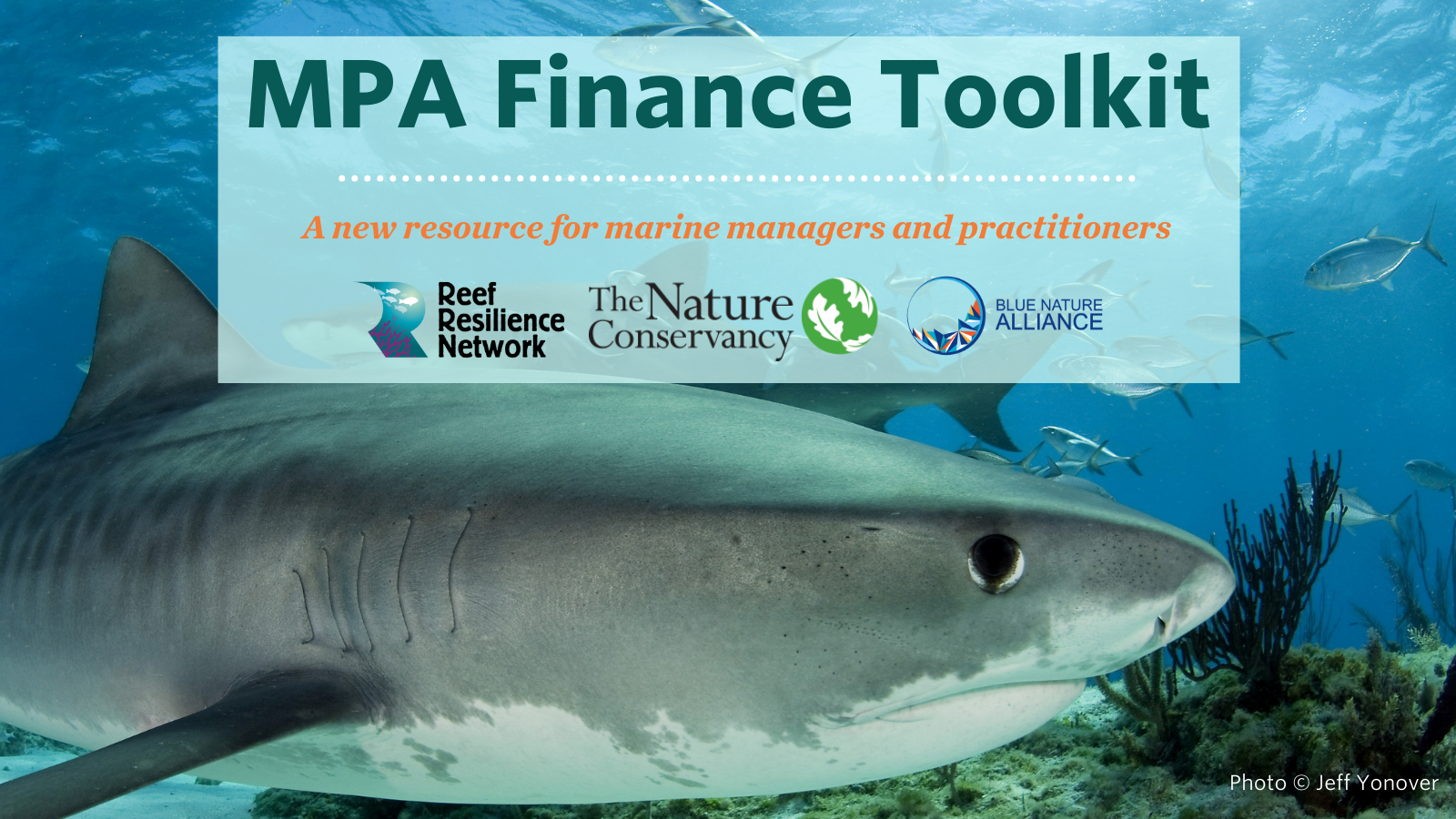Jahson Berhane Alemu I (a participant in our 2010 Training of Trainers Workshop) and co-author Ysharda Clement recently published the paper “Mass Coral Bleaching in 2012 in the Southern Caribbean”. For 6 months, they monitored approximately 650 colonies (composed of 30 taxa) at three sites across Tobago during a bleaching event in 2010. The purpose of their research was to find nodes of reef resilience in Tobago by identifying taxa resilient to bleaching. We asked Jahson more about his research. In particular, we wanted to know how coral reef managers could learn from his experience. Here’s what he said:
How do you think your findings will influence coral reef management in Tobago?
Our findings now contribute to an evidence-based foundation, on which reef managers can make more informed decisions. Our findings have now been integrated into a Bleaching Response Plan, where a suite of taxa have been incorporated to determine the impact of bleaching and other anthropogenic impacts on reef health.
What most surprised you during the analysis of your research?
The wide variety of responses of taxa to the same stimulus. This will be the subject of future research.
What advice do you have for coral reef managers and practitioners who are trying to identify resilient reefs?
Reef resilience means a bunch of things and it’s evolving. My opinion is that you’re not going to figure it out in one assessment. (Well, maybe you can, and good luck to you!) But I’m no expert and I’ve just started. For me, having a clear personal understanding of what it means and how I intended to apply this knowledge for example through the development of a response plan and MPA selection was central in my approach. This study is but only one of several underway to better understand reef dynamics and the future of coral reefs in Tobago.



